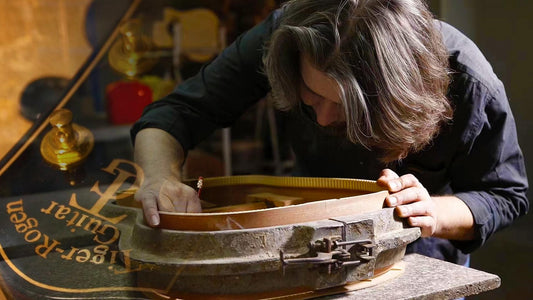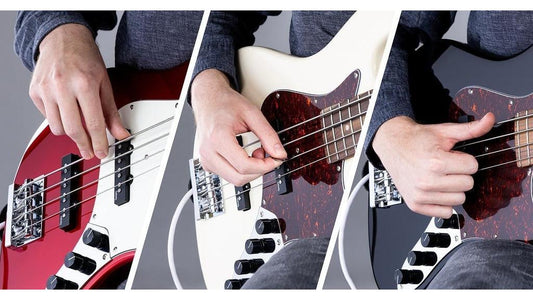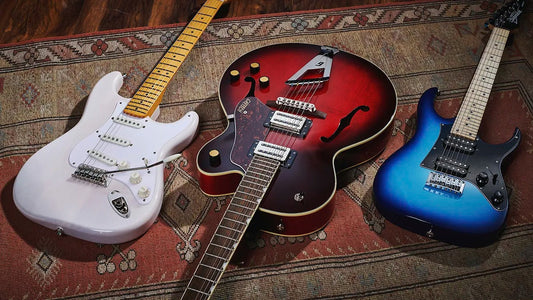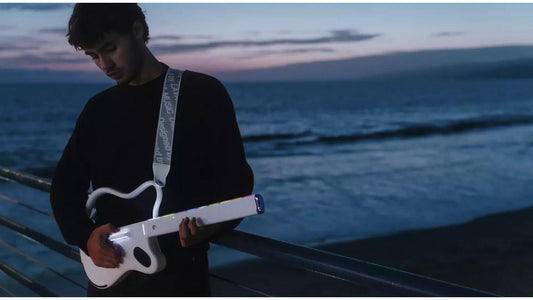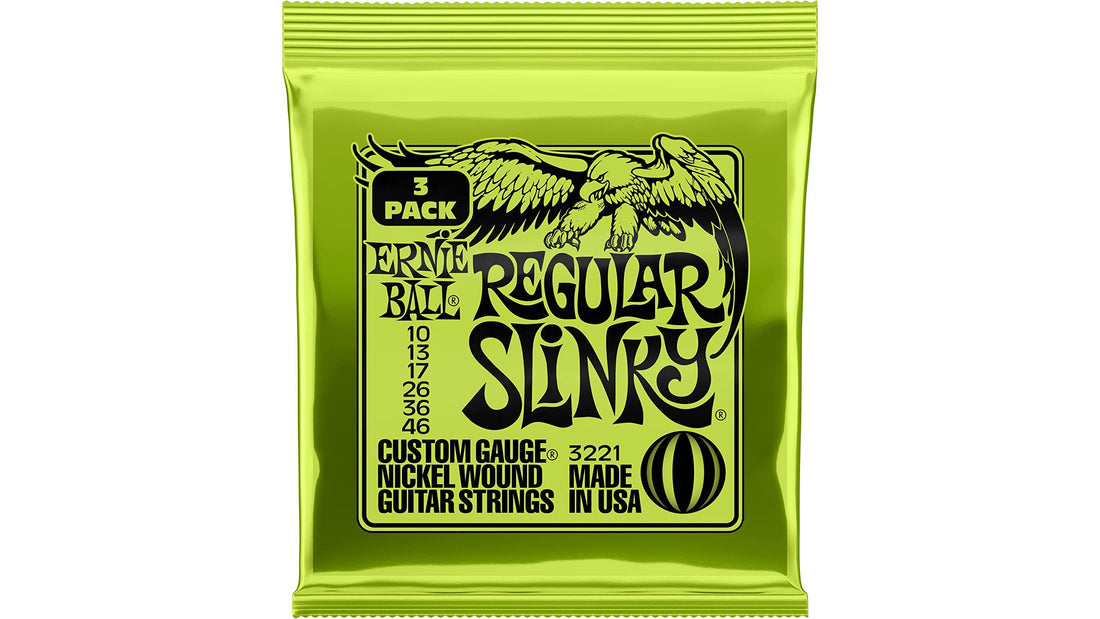
Các Dây Đàn Guitar Tốt Nhất Cho Nhạc Jazz
Chúng tôi đã viết về một số cây đàn guitar tốt nhất cho nhạc jazz, cũng như bộ khuếch đại nào phù hợp nhất với phong cách và tổng thể các phụ kiện cần thiết cho nhạc cụ. Trong bài viết này, chúng ta sẽ tập trung vào một câu hỏi: dây đàn guitar jazz tốt nhất hiện có là gì?
Tất nhiên, không có câu trả lời đơn giản nào cho vấn đề này, vì nó phụ thuộc vào âm thanh mà bạn muốn, nhưng hãy chú ý theo dõi một số cân nhắc và đề xuất chính khi thiết lập để chơi nhạc jazz.
Chúng tôi sẽ giới thiệu cho bạn một số khía cạnh kỹ thuật, nói về hai loại dây chính – dây flatwound (quấn dẹt) và dây roundwound (quấn tròn) – và cũng xem xét những gì một số nghệ sĩ guitar jazz tuyệt vời trên thế giới sử dụng.
Kích thước dây mà các nghệ sỹ guitar jazz hay sử dụng
Kích thước dây dùng để chỉ độ dày của dây. Các bộ được gọi bằng độ dày của dây E mỏng và thường được chia thành 3 loại:
- Dây nhẹ - light (0,09s)
- Dây trung bình - medium (0,11s)
- Dây nặng - heavy (0,12-0,13+)
Dây nhẹ hơn sẽ dễ ấn xuống và uốn cong hơn, giúp chúng dễ chơi và có xu hướng tạo ra âm thanh mỏng hơn. Dây nặng hơn khó chơi hơn nhưng có âm sắc ấm hơn.
Không có gì đáng ngạc nhiên, hầu hết người chơi nhạc jazz thích các loại dây nặng hơn, có xu hướng từ 0,11 đến 0,13, nhưng hầu hết các nhãn hiệu dây đều có nhiều độ dày.
Xét về những cây đàn guitar jazz tuyệt vời, John Abercrombie đã sử dụng một trong những biến thể nhẹ hơn của dây (0,10), trong khi Mike Stern & John Scofield đều được báo cáo là sử dụng dây trung bình 0,11. Xét về các đối thủ nặng ký, Joe Pass đã sử dụng 0,12 và Wes Montgomery rõ ràng là 0,14!
Dây Roundwound vs Flatwound
Các dây dưới của guitar điện được quấn bằng loại quấn tròn - roundwound. Hầu hết các dây đàn guitar đều là dây quấn tròn, sử dụng dây tròn bên ngoài.
Các dây Roundwound này sáng, có nhiều âm bội và hoạt động tốt với các loại guitar 'điện' hơn, chẳng hạn như guitar bán rỗng hoặc guitar thân đặc.
Các dây dẹt được quấn trong một dây phẳng, tạo ra âm thanh êm dịu hơn, trầm hơn, được các nghệ sĩ guitar upright ưa chuộng, chẳng hạn như Wes Montgomery và Kenny Burrell .
Thường được kết hợp với guitar archtop, sử dụng các dây này sẽ mang đến cho bạn giai điệu chân thực, cổ điển và nói chung, sẽ tồn tại lâu hơn nhiều so với một bộ dây Roundwound.
Bạn có thể tìm thấy bản demo nhanh của cả hai loại trong video này của nghệ sĩ guitar jazz London Sam Dunn:
Dây đàn guitar Flatwound tốt nhất cho Jazz:
D’addario ECG24 Chromes Flat Wound
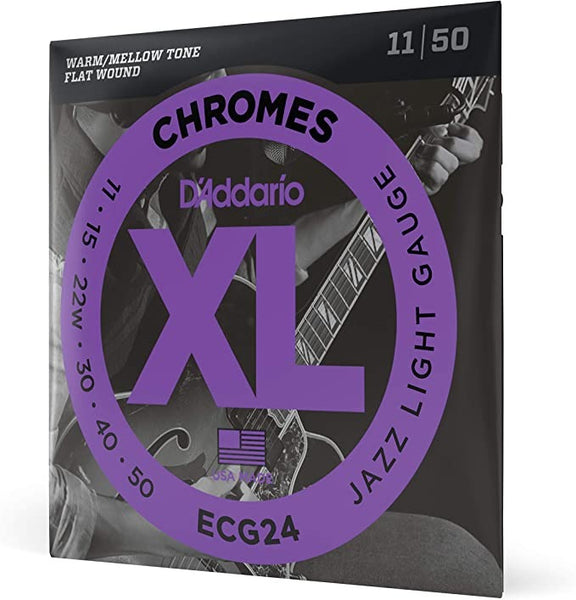
Trong số những loại phổ biến nhất đối với nghệ sĩ guitar jazz, dây D'addario ECG24 là một lựa chọn tuyệt vời cho dây dẹt!
Thomastik GB112 George Benson Flat Wound
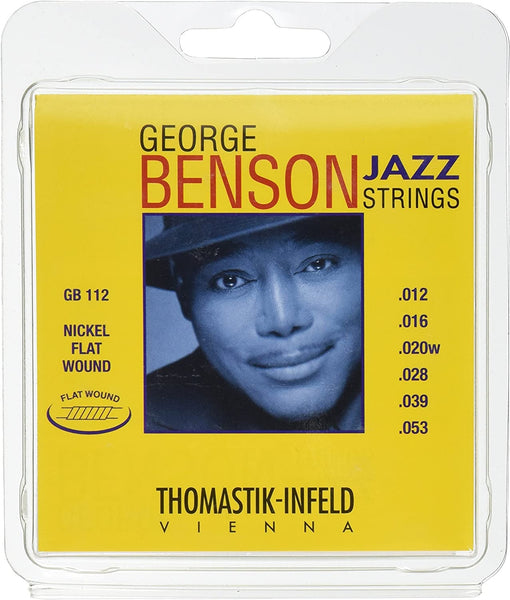
Được sản xuất bởi Thomastik theo thông số kỹ thuật của George Benson, những dây GB112 chất lượng cao này chỉ có sẵn ở các cỡ cao hơn, bắt đầu từ 0,12.
Dây guitar Roundwound tốt nhất cho nhạc Jazz
D’addario EXL116 Nickel Wound
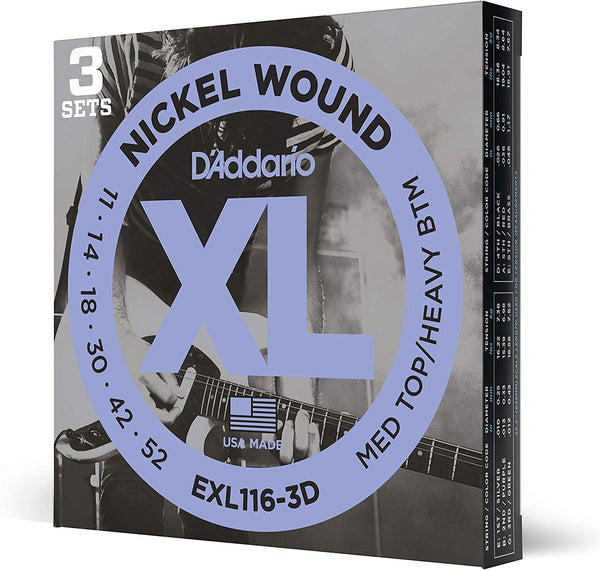
Với các kích thước kết hợp được tối ưu hóa để giảm âm, các dây quấn tròn này của D'addario được làm bằng thép mạ niken để tạo ra giai điệu jazz tươi sáng đặc biệt.
Ernie Ball Slinky
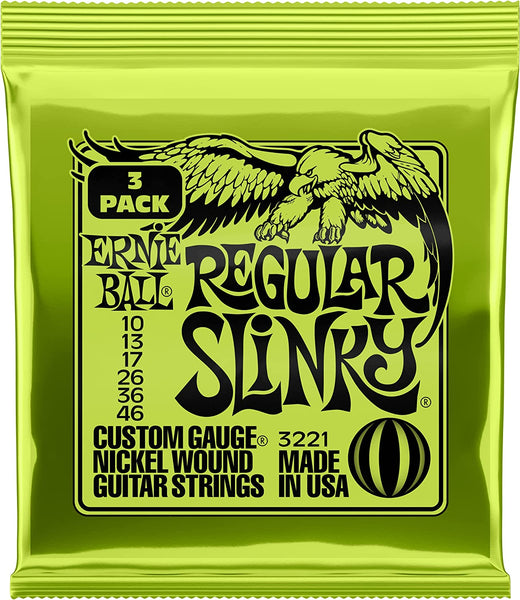
Đây là một loại dây tuyệt vời, giá cả phải chăng, đa năng dành cho guitar điện, có nhiều cỡ khác nhau và được chơi bởi những người như Jimmy Page & Eric Clapton.
Thomastik-Infeld Power Brights
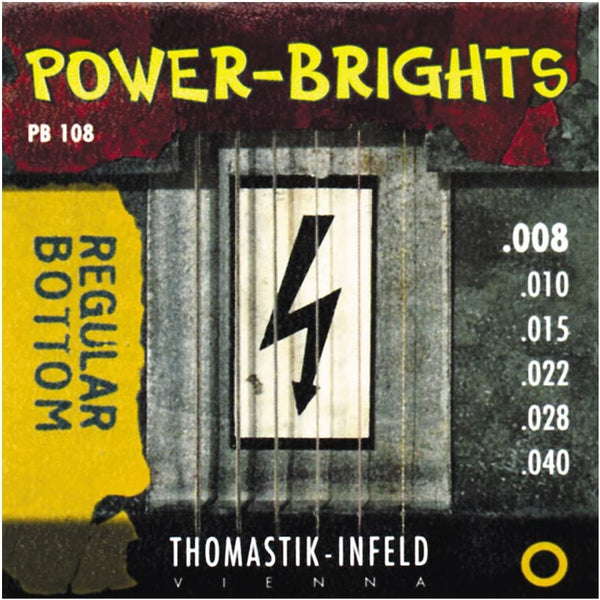
Đúng như tên gọi, những dây này tạo ra âm thanh sáng hơn hầu hết các loại dây khác, cùng với độ ngân dài và âm thanh mạnh mẽ hơn. Chúng được thiết kế để tăng cường sóng hài và hoạt động xuất sắc với chế độ overdrive.
Chúng cũng rất linh hoạt – có thể dễ dàng điều chỉnh độ sáng bằng núm điều chỉnh âm sắc trên cây đàn guitar của bạn.
Kemp Strings
Kemp Strings là một công cụ đa năng tuyệt vời khác, với âm sắc và độ bền tuyệt vời, nhưng chúng cũng có 'độ nhạy bằng nhau' độc đáo, nghĩa là lực cần thiết để uốn từng dây là như nhau, không giống như các bộ thông thường, nơi việc uốn cong là không thực tế trên dây dày hơn.
“Dây Kemp thực sự rất thú vị khi chơi – chúng cho cảm giác và âm thanh tuyệt vời, đồng thời độ nhạy uốn ngang bằng nhau sẽ mở ra đủ loại khả năng sáng tạo mới!' ' Joe Williamson, nghệ sĩ guitar & người ủng hộ Kemp Strings.
Xem thêm:
